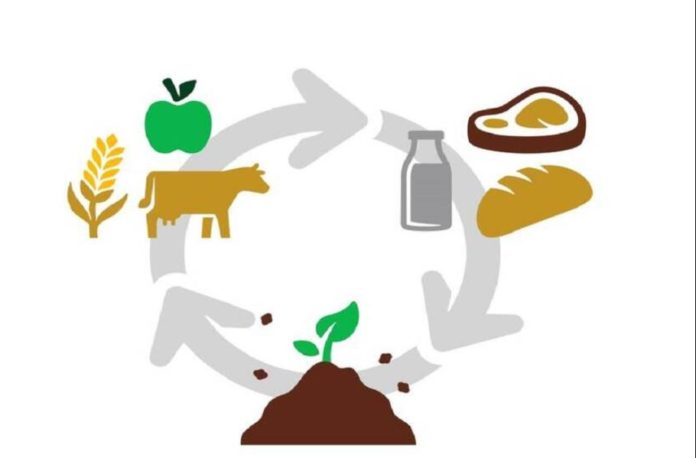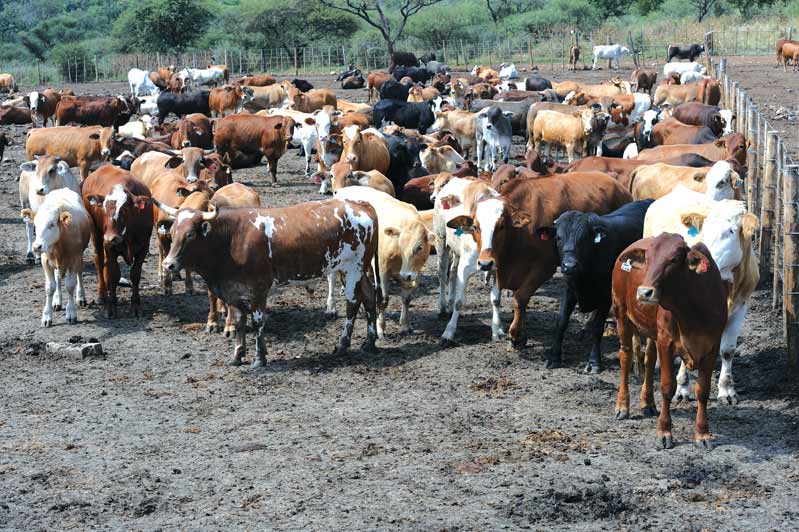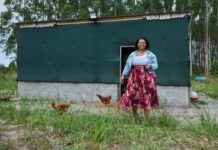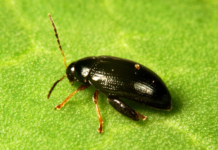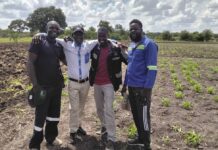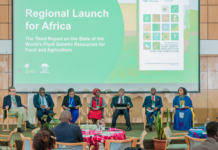Kenya and Netherlands are working together towards adopting increasingly circular, regenerative, and inclusive farming practices.
The Netherlands Ambassador to Kenya Maarten Brouwer said the move aims to optimize Kenya’s agriculture sector by offering smart technology and organizational support, which has already proven successful.
“Kenya has shown great potential to make its second-largest industry more sustainable overall.For instance, circular agriculture is enabling Kenya to mitigate climate change, elevate its food quality and improve security,” said Ambassador Brouwer.
Report
To illustrate the opportunities for circular agriculture in Kenya, the Netherlands Embassy has released a report “Kenya and the Netherlands working together towards circular agriculture in Kenya”.
The report provides a total of 11 farming trends and opportunities that have been identified as indicative of the transition towards circular agriculture. It includes a selection of best practices across five areas hoped to inspire anyone working in the agricultural sector.
The report was launched during a business network reception organized by the Netherlands Embassy in Nairobi. Kenya’s agricultural sector is vital for sustaining its people and its economy. With a rapidly growing population, the demand for nutritious foods is rising. In addition, at least a quarter of Kenya’s annual GDP is generated from agriculture, and it employs over 40% of its total working population. It is, therefore, safe to say that optimizing the agriculture sector would benefit the country in multiple ways. Moreover, it would help Kenya achieve its ambitious climate goals.
“This is where the concept of circular agriculture comes in. In simple terms, it involves practices that are in harmony with nature and at the same time support its stakeholders. Circular agriculture enables Kenya to tackle key environmental challenges while also sustaining its population and economy,” emphasized Karin Boomsma, Director of Sustainable Inclusive Business – Kenya.


